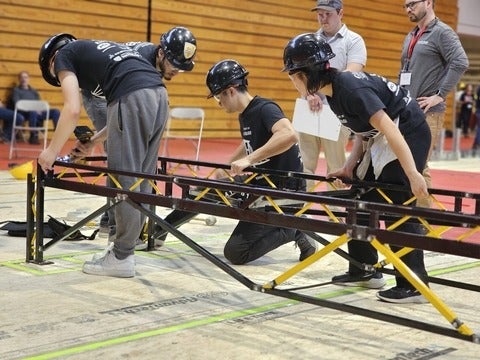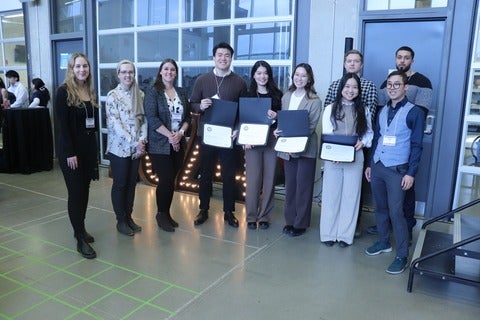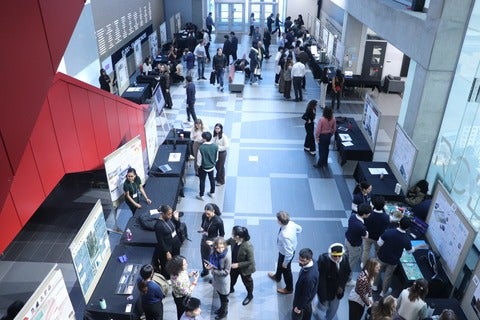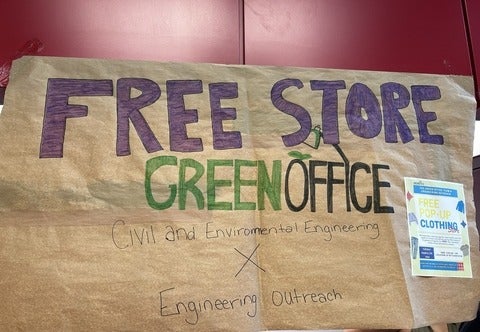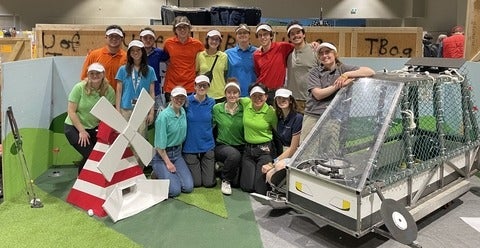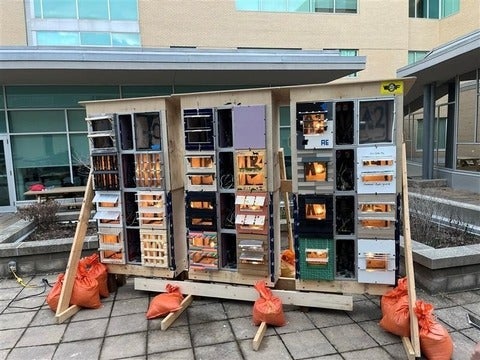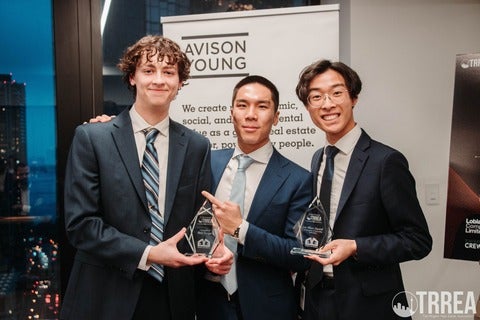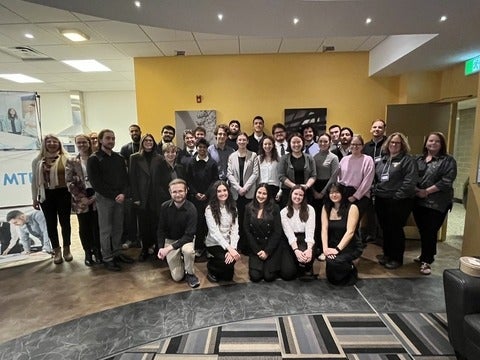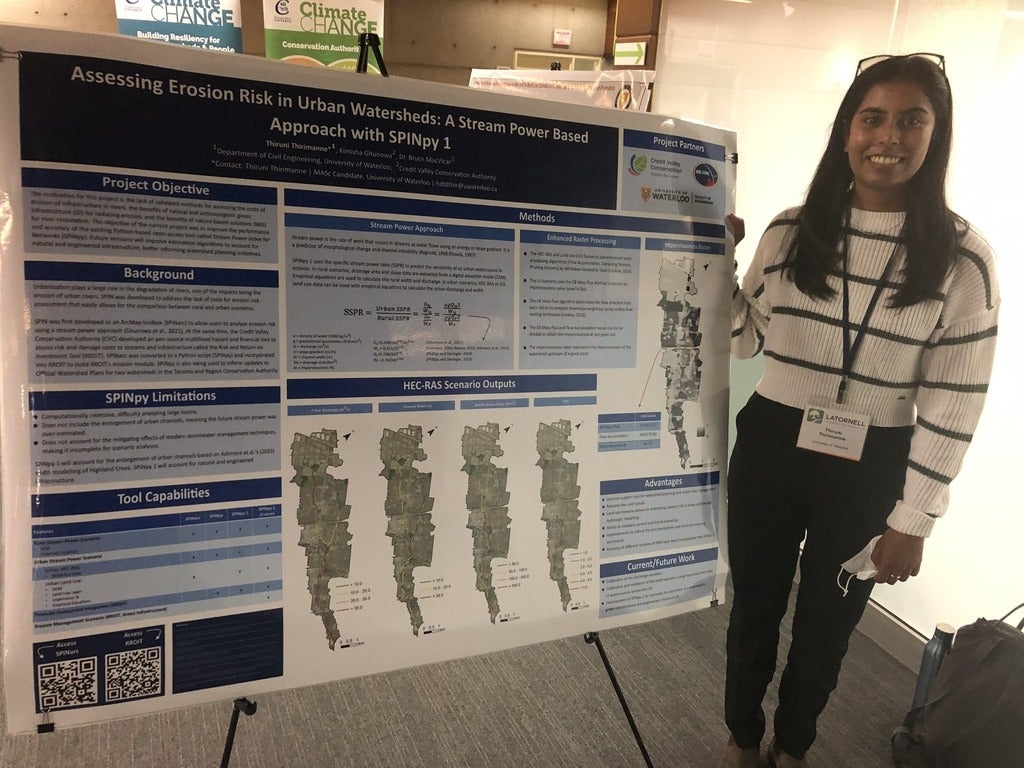A few weeks ago, MASc student, Thiruni Thirimanne presented at the Latornell Convservation Symposium. Take a look at how amazing this is!!!
Title: Assessing Erosion Risk in Urban Watersheds: A Stream Power-Based Approach with SPINpy 1
Abstract: Managing the increasing erosion risk in urban watersheds and mitigating its adverse effects on infrastructure and river systems necessitates a watershed-scale approach. Stream power, or the rate of energy expenditure of flowing water per unit length, is related to river erosion, channel instability and morphologic change.
The Stream Power Index for Networks (SPIN), a Geographical Information System (GIS)-based toolbox, is valuable for assessing the potential impact of land use changes on river networks. By leveraging straightforward inputs, SPIN computes total and specific stream power (stream power per channel width) across river networks, utilizing digital elevation models (DEM), land-use data, and HEC-RAS information. This versatile tool currently aids decision-making processes for conservation authorities and municipalities in Ontario, where it has been integrated into the Credit Valley Conservation's Risk and Return on Investment Tool (RROIT) for estimating damage costs due to erosion. The latest iteration, SPINpy 1, brings refinements that enhance processing speed and expand the tool's capabilities.
Preliminary case studies in Southern Ontario employing SPINpy 1 have yielded promising results. This poster aims to 1) outline how SPINpy 1 calculates stream power metrics at the watershed scale, 2) provide insights into recent enhancements and anticipated future capabilities, and 3) present results from an urban river within the Greater Toronto Area.
Incredible work, Thiruni!!!

